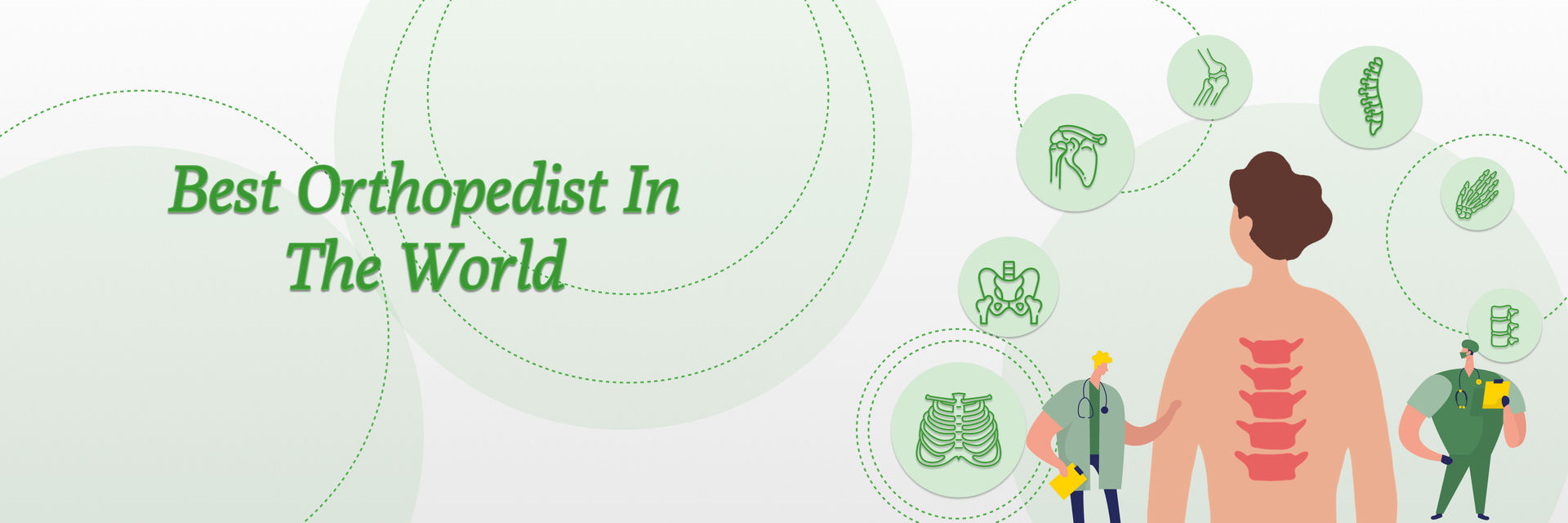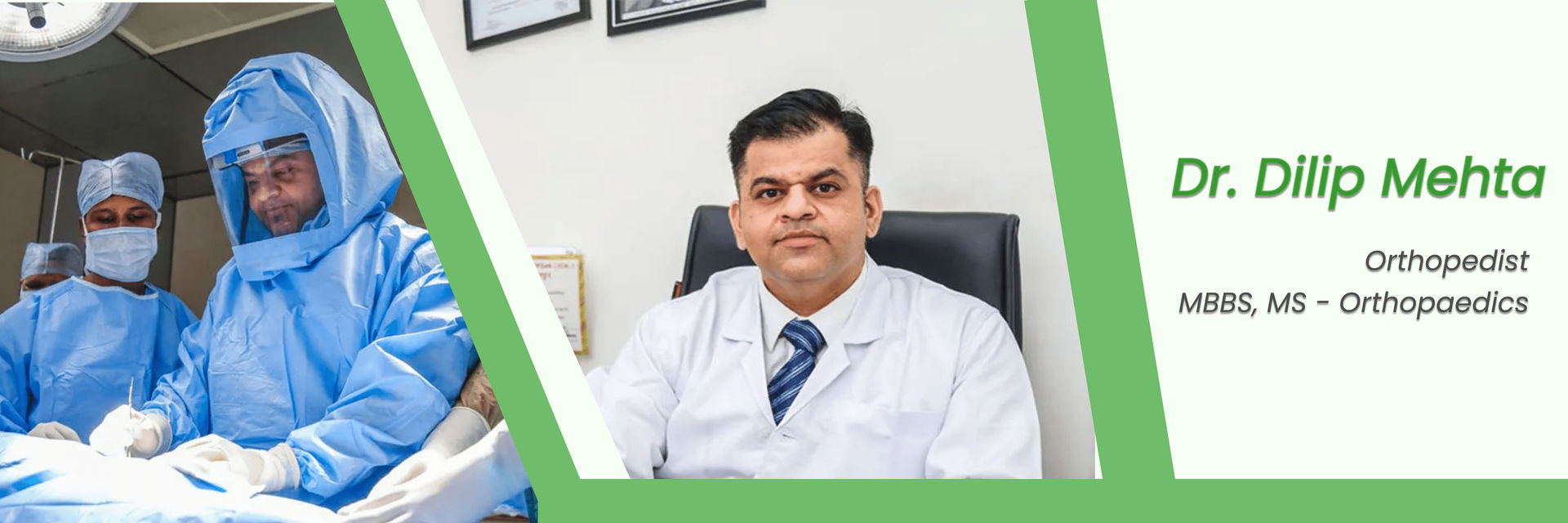Back pain after hip replacement means feeling aches in your lower back after getting a new hip. This could happen because your body changes its way of moving after the surgery. Things like how you stand or move might cause this pain. To help, do exercises your doctor tells you, stand up straight, and move carefully. If the pain doesn't get better, talk to your doctor to figure out why and what to do.
Is back pain after hip replacement normal? Here's what you need to know!
Is back pain after hip replacement normal? For how long does it stay?

When you get a new hip through surgery, your back might feel achy. This is because your body is getting used to the change, like a new way of standing and moving. This back pain after hip replacement is usual and can last 10 to 12 weeks or 6 to 12 months while your body adjusts. But if the pain is really bad, doesn't go away, or gets worse, you should talk to your doctor. They can check if everything is okay and make sure the pain is a normal part of getting better.
Your health is too important to ignore – schedule your appointment now.
How common is back pain after hip replacement?
It's not very common to have lower back pain after hip replacement. Sometimes, a few patients might feel some temporary pain. This is because their muscles are weaker after the surgery or their movements are different. But if the lower back pain is strong or keeps happening for a long time, it's important to check with the doctor to make sure everything is okay and there's no bigger problem.
Wondering what causes back pain after hip replacement? Let's explore.
What causes back pain after hip replacement?

After getting a new hip, your back might hurt. This can happen because your body gets used to a different way of moving. The surgery could also affect nerves that make your back ache. The hip change might also make your spine go wonky.
Problems during healing can also lead to back pain after hip replacement. To feel better, do the exercises the doctor tells you, sit and stand up straight, and let your doctor know if your back keeps hurting.
What are the signs of back pain after hip replacement? Let's break it down
What are the Symptoms of Back Pain after hip replacement?

Experiencing lower back pain after hip replacement could be because of muscle imbalances, bad posture, or lingering weakness. If you have lower back pain after years of a hip replacement, it might be due to muscle imbalances, changes in your spine, or not sitting or standing correctly.
Take charge of your health and your life. Contact us today!
Diagnosis of back pain after hip replacement

When you have back pain after hip replacement, it is important to find out the reason behind it. The pain might be because your body is adjusting to the changes, like how you stand and move. Sometimes, it's just regular discomfort from the surgery. But, they also need to check if something more serious is going on, like a problem with your spine.
To find out, doctors will talk to you, look at your medical history, and might take pictures of your body, like X-rays. This helps them know if the pain is because of how your body is changing or if there's a different issue. Then, they can give you the right treatment to feel better.
Explore treatments and lifestyle choices for a smoother recovery from back pain after hip replacement!
How to treat back pain after hip replacement?

| Treatment | Details |
| Physical Therapy | Gentle exercises to improve posture and strengthen core muscles. |
| Medication | Pain relievers and anti-inflammatories under doctor's guidance. |
| Hot/Cold Therapy | Applying heat or ice to alleviate pain and reduce inflammation. |
| Posture Improvement | Being mindful of sitting, standing, and lifting techniques. |
| Weight Management | Maintaining a healthy weight to reduce stress on the back. |
| Assistive Devices | Using aids like lumbar cushions for better spinal support. |
| Massage | Gentle massages to relax muscles and ease tension. |
| Yoga/Pilates | Low-impact exercises to enhance flexibility and core strength. |
| Consultation with Experts | Seeking advice from physiotherapists or orthopedic specialists. |
To alleviate back pain after hip replacement, consider physical therapy, medication, and hot/cold therapy. Many patients also find relief through a specialized pelvic pain program which focuses on the deep core muscles that support both the hip and lower back. Each treatment offers distinct benefits in addressing discomfort and promoting overall well-being.
Preventing back pain after hip replacement – find out how!
How to prevent back pain after hip replacement?
After a hip replacement surgery, preventing back pain is important. To do this, focus on a few things. First, maintain good posture when sitting, standing, or walking. This helps distribute your body weight properly.
Second, do gentle exercises recommended by your doctor or physical therapist. These exercises strengthen your core muscles, supporting your back. Also, avoid lifting heavy objects and twisting your back too much.
Lastly, use pillows to support your back while sleeping, and choose a comfortable mattress. By following these steps, you can reduce the chances of experiencing back pain after hip replacement and help ensure a smoother recovery.
Your well-being is our priority - call us to book your appointment today
Uncover the potential risks and complications of untreated back pain post-hip replacement!
What if back pain after hip replacement is not treated?
If your back hurts after getting a new hip, and you don't get help for it, there could be problems. You might not be able to move around as well, and your recovery could slow down. The pain could mean the hip replacement wasn't done perfectly or your muscles are not working right.
If you ignore the back pain, it might make it tough for you to do your everyday activities.
Having back pain after hip replacement can come with certain risks and possible problems:
- Limited Movement: You might find it hard to move your hip and back comfortably.
- Discomfort: Pain and discomfort can affect your daily activities and mood.
- Poor Healing: Back pain could slow down your recovery and healing.
- Muscle Weakness: Pain might lead to weakened muscles around your hip and back.
- Need for Further Treatment: You might need additional treatment to address the back pain.
- Functional Issues: Back pain can affect your overall physical function and well-being.
- Impact on Lifestyle: It could influence your ability to do things you enjoy.
So, it's really important to talk to your doctor if you have this kind of pain. They can figure out what's wrong and help you feel better, maybe by giving you exercises or other treatments.
FAQs

Q: Is It Common to Experience Back Pain After Hip Replacement Surgery?
A: While back pain is not a common outcome of hip replacement surgery, it can occur in some cases due to changes in posture or gait.
Q: What Are the Possible Causes of Back Pain After Hip Replacement Surgery?
A: Back pain after hip replacement can be caused by factors such as altered gait, changes in spine alignment, or pre-existing back issues that become more noticeable after surgery.
Q: Is Back Pain After Hip Replacement a Temporary or Permanent Issue?
A: In most cases, back pain after hip replacement is temporary and tends to improve as the body adjusts to the new hip joint and walking pattern. However, it may persist in some individuals.
Q: When Should I Be Concerned About Back Pain After Hip Replacement Surgery?
A: If your back pain is severe, worsening, or accompanied by other concerning symptoms like numbness or weakness, you should promptly contact your surgeon or healthcare provider for evaluation.
Q: Can Physical Therapy Help Alleviate Back Pain After Hip Replacement?
A: Yes, physical therapy can be beneficial in addressing back pain after hip replacement by improving posture, gait, and muscle strength. A physical therapist can tailor exercises to your specific needs.
Q: Are There Lifestyle or Posture Adjustments I Should Make to Reduce Back Pain?
A: Maintaining good posture, avoiding excessive bending at the waist, and practicing proper body mechanics when sitting, standing, or lifting can help reduce back pain.
Q: Can Medications or Injections Help Manage Back Pain After Hip Replacement?
A: Your healthcare provider may recommend pain medications or anti-inflammatory drugs to manage back pain. In some cases, injections of corticosteroids or other treatments may be considered.
Q: Should I Consult My Surgeon About Persistent Back Pain After Hip Replacement?
A: Yes, if you are experiencing persistent back pain that affects your daily life or quality of life, it's advisable to consult with your surgeon. They can assess your condition and recommend appropriate measures or referrals to address the issue.
Reference-
https://www.ncbi.nlm.nih.gov/pmc/articles/PMC2853644/
https://www.caringmedical.com/prolotherapy-news/hip-spine-syndrome/






